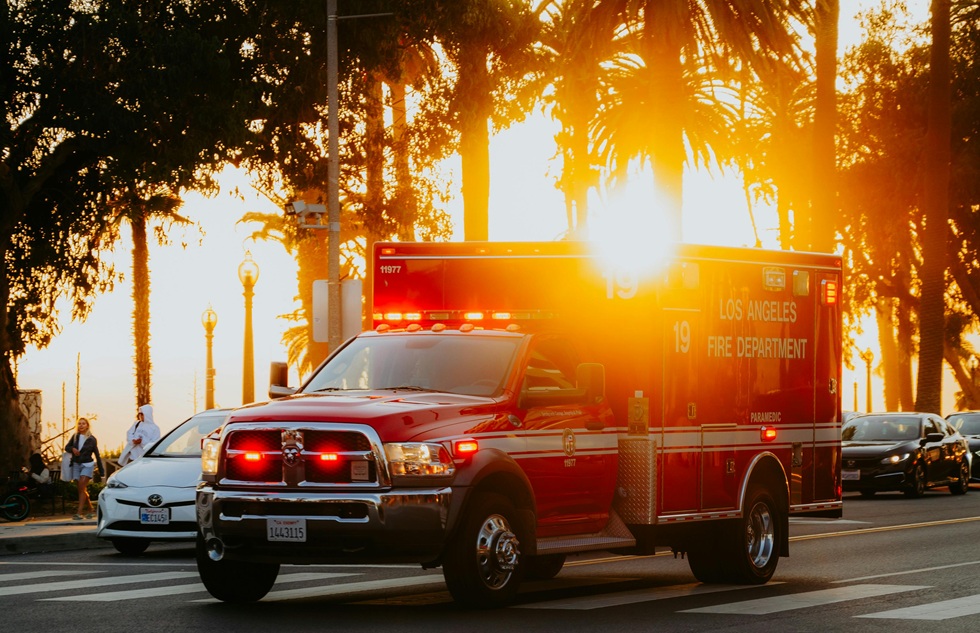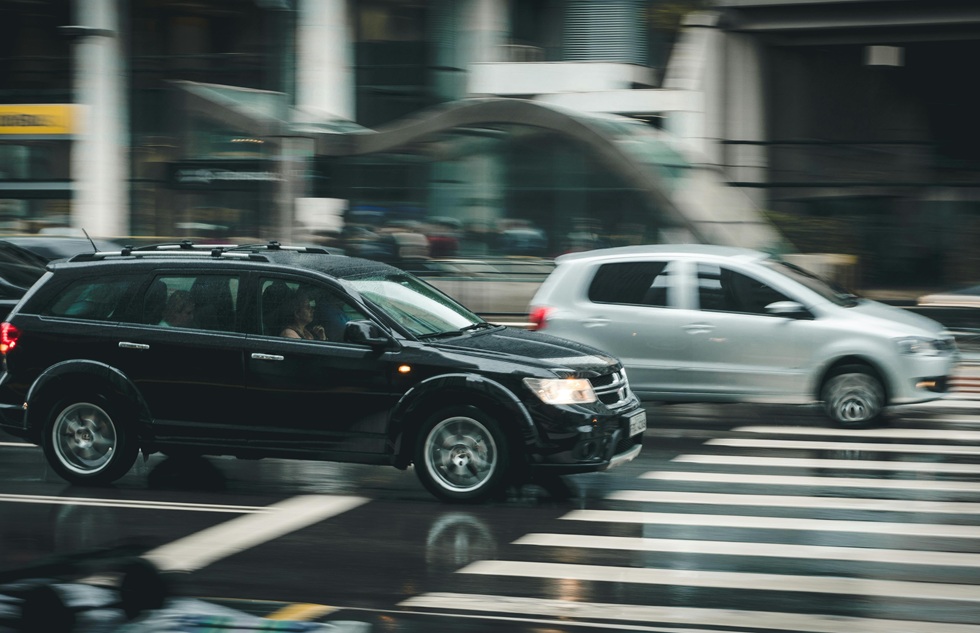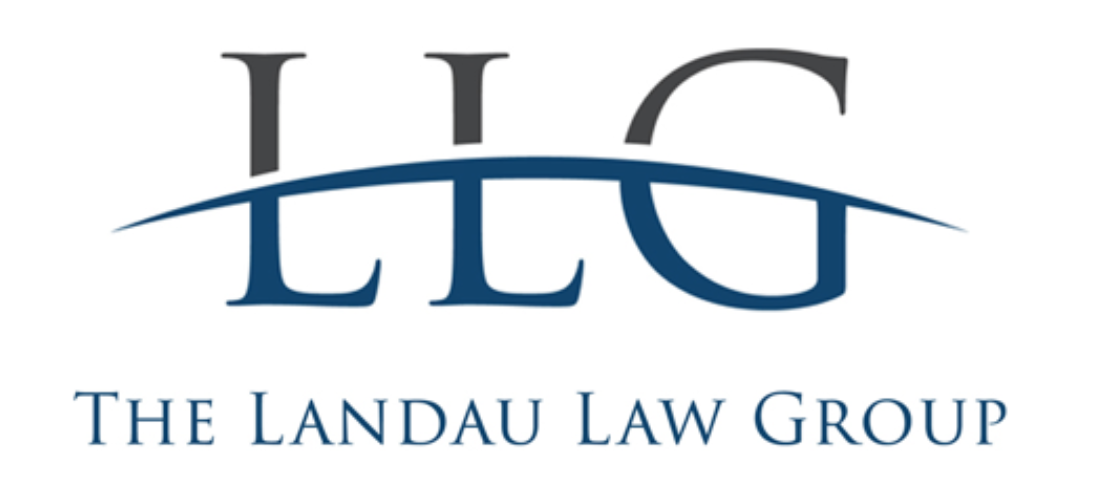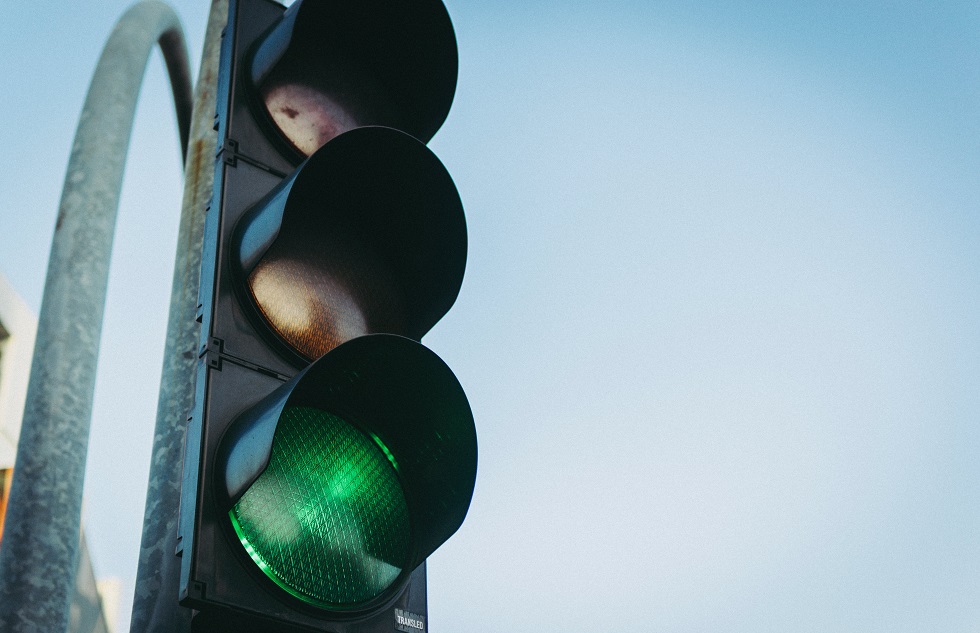Left Turn Accidents: From Causes to Consequences
Navigating the aftermath of a left turn accident can be a labyrinth of complexities, and understanding the nuances of fault is pivotal, particularly in the context of personal injury claims.
This blog post aims to unravel the intricacies surrounding left turn accidents, exploring their common causes, delving into the specifics of Florida traffic laws, shedding light on the meticulous process of determining fault, and giving some tips to avoid left turn accidents.
Common Causes of Left Turn Accidents
Left turn accidents, often emblematic of confusion and misjudgment on the road, can be attributed to various factors:
- Failure to Yield: A pervasive cause where drivers neglect to yield to oncoming traffic while making a left turn.
- Misjudging Speed: Underestimating the speed of oncoming vehicles, resulting in collisions during left turns.
- Distracted Driving: The omnipresent issue of distractions—texting, talking on the phone—that significantly contributes to left turn accidents.
- Poor Visibility: Environmental factors, such as adverse weather conditions or obstructions, can limit visibility and increase the risk of accidents.
Navigating Florida’s Legal Landscape for Left Turns
In the intricate dance of traffic, left turns occupy a significant role, and understanding Florida’s legal framework governing these maneuvers is paramount when determining fault. Florida’s traffic laws provide a structured guide, shedding light on the complexities that surround left turns.
Right of Way Rules: Unraveling Priority
One of the keystones of Florida’s traffic laws regarding left turns is the explicit stipulation of right-of-way rules. Understanding who holds the right of way during a left turn is crucial in determining fault. Clear guidelines are in place, dictating the flow of traffic and designating the responsible party in specific scenarios. This element of the legal framework becomes a pivotal factor when assessing liability in left turn accidents.
Traffic Signals and Signs: The Language of the Road
Adherence to traffic signals and signs is a fundamental aspect of responsible driving, particularly when it comes to left turns. Florida’s comprehensive system of signals and signs serves as a silent language on the road, communicating the rules and expectations for each driver. Failure to interpret and comply with these signals can lead to misjudgments, increasing the likelihood of left turn collisions. Therefore, a thorough understanding of the significance of these signals is crucial for drivers to navigate left turns safely and responsibly.
Common Violations: Unmasking the Culprits
Frequent violations stand out as precursors to left turn collisions, contributing significantly to the complexity of fault determination. Running red lights and disregarding yield signs are common transgressions that often lead to accidents during left turns. These violations not only breach the established traffic laws but also jeopardize the safety of all road users. Recognizing these common infractions and their potential consequences becomes essential when assessing the chain of events leading to a left turn accident.
In essence, comprehending Florida’s traffic laws concerning left turns is akin to deciphering a road map to liability. Right of way rules, traffic signals, and common violations form the pillars of this legal framework, each playing a vital role in determining fault. As we navigate through the legal intricacies, it becomes evident that a nuanced understanding of these laws is indispensable for anyone involved in a left turn accident. Landau Law, with its expertise in handling such cases, stands ready to guide you through this maze, ensuring that your rights are protected and justice prevails.
Deciphering Liability: The Complex Task of Determining Fault in Left Turn Accidents
In the aftermath of a left turn accident, unraveling the intricate web of liability is a complex and meticulous process. Several key factors come into play when attempting to determine fault, each contributing to the overall narrative that shapes the legal landscape.
Gathering Evidence: The Foundation of a Compelling Case
Building a robust case begins with the meticulous gathering of evidence. Eyewitness statements, akin to puzzle pieces, provide unique perspectives on the events leading to the left turn accident. These accounts serve as invaluable insights into the sequence of events, helping reconstruct the scene with clarity. Complementing eyewitness testimonies, traffic camera footage offers an unbiased and comprehensive view, capturing the incident from multiple angles. Additionally, police reports, the official documentation of the incident, add a layer of credibility and objectivity to the evidence pool. Together, these elements form the foundation of a compelling case, painting a vivid picture of the circumstances surrounding the left turn collision.
Establishing Negligence: Unraveling the Breach, Causation, and Damages
Proving fault involves a nuanced exploration of negligence—a breach of duty, causation, and the resulting damages. A breach of duty signifies a failure to uphold the expected standard of care while making a left turn. Establishing causation involves demonstrating a direct link between the negligent actions and the ensuing accident. The domino effect of damages, whether physical, emotional, or financial, further solidifies the case. This multifaceted approach requires a keen understanding of legal principles and a strategic presentation of evidence to establish a clear line of responsibility.
Comparative Fault in Florida: Navigating Shared Responsibility
Florida’s approach to comparative fault adds another layer of complexity to determining liability in left turn accidents. In cases where both parties may share some degree of fault, understanding how the state evaluates and apportions responsibility becomes crucial. Comparative fault allows for a nuanced assessment of each party’s contribution to the accident, influencing the ultimate distribution of liability. This aspect emphasizes the need for a skilled legal advocate who can navigate the intricacies of shared responsibility and advocate for a fair and just resolution.
In the intricate process of determining fault in left turn accidents, Landau Law brings its wealth of experience and legal acumen to the forefront. By carefully considering the nuances of gathering evidence, establishing negligence, and understanding Florida’s comparative fault principles, our legal team stands prepared to guide you through the complexities of your case. We ensure that your rights are protected, and a comprehensive approach is taken to secure the justice you deserve.
Tips for Avoiding Left Turn Accidents
Prevention is often the best course of action, and here are some insightful tips:
- Defensive Driving Techniques: Staying vigilant, anticipating potential hazards, and being proactive on the road.
- Understanding Traffic Patterns: Developing an awareness of traffic flow and patterns to make informed decisions.
- Utilizing Signals and Communication: Be sure to properly use turn signals and do your best to communicate with other drivers.
Landau Law: Left Turn Accident Lawyers
In the intricate landscape of left turn accidents, the question of fault is paramount for those seeking justice. Landau Law, with its unwavering commitment to legal excellence, stands ready to assist individuals navigating the aftermath of such incidents.
Whether you’re seeking guidance or representation, Landau Law ensures your rights are protected, and justice prevails. Contact us today to embark on the path to resolution and recovery.
Florida Car Accident Lawyer
Car Accident Blog Posts

Can I File a Claim for Burns From a Car Accident?
Car accidents can cause many types of injuries, but burn injuries are among the most serious and painful. These injuries happen when vehicles catch fire, hot metal touches skin, or chemicals spill during a crash. Burns from car accidents often need long-term medical...

How Much Can You Sue Uber For An Accident?
Getting into a car accident while using Uber can be a confusing and stressful experience. Many victims wonder if they can sue Uber directly and how much compensation they might receive. Understanding your options is important if you've been injured as a passenger,...

Florida Rideshare Accident Lawyer: Help After Uber & Lyft Crashes
When rideshare accidents happen in Florida, victims often face complex insurance situations and uncertainty about their rights. Rideshare companies like Uber and Lyft have specific insurance policies that may apply to accidents, but these companies and their insurers...

Distracted Driving Accidents: Definition, Causes & Statistics 2025
Getting medical care after a car accident in Florida is time-sensitive. Many accident victims don't realize that delaying treatment can affect both their health and their ability to receive compensation for injuries. Florida law requires accident victims to seek...

When Is It Too Late To Go To The Doctor After a Florida Car Accident
Getting medical care after a car accident in Florida is time-sensitive. Many accident victims don't realize that delaying treatment can affect both their health and their ability to receive compensation for injuries. Florida law requires accident victims to seek...

Why Is My Florida Car Accident Settlement Taking So Long?
If you're waiting for your Florida car accident settlement and wondering why it's taking so long, you're not alone. Many accident victims experience frustration with the settlement process, which typically takes between 1-9 months to complete. Insurance companies...

Is It Worth Getting an Attorney for a Car Accident in Florida?
Car accidents can be stressful and confusing experiences, leaving many people wondering if they should hire an attorney. While minor fender benders may not require legal help, accidents involving injuries, significant property damage, or insurance disputes often...

How Long Do I Have to Sue After a Car Accident?
If you've been involved in a car accident, it's crucial to understand the time limits for taking legal action. These time limits, known as statutes of limitations, vary by state and can significantly impact your ability to seek compensation for damages. Consulting...




